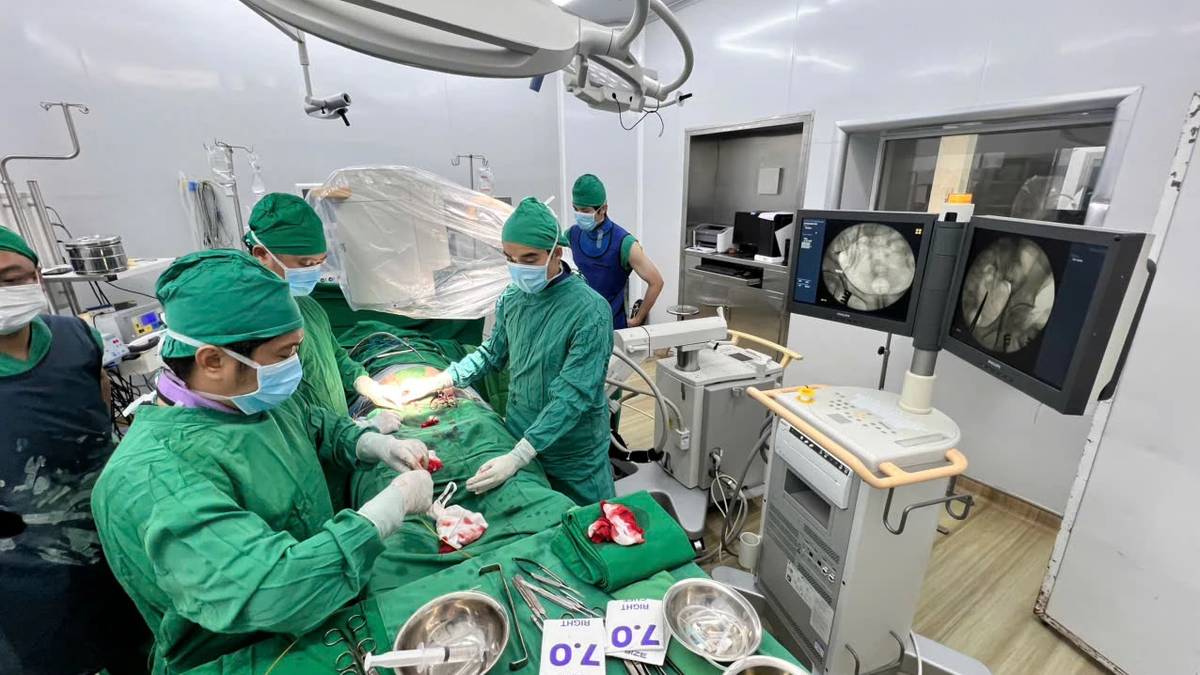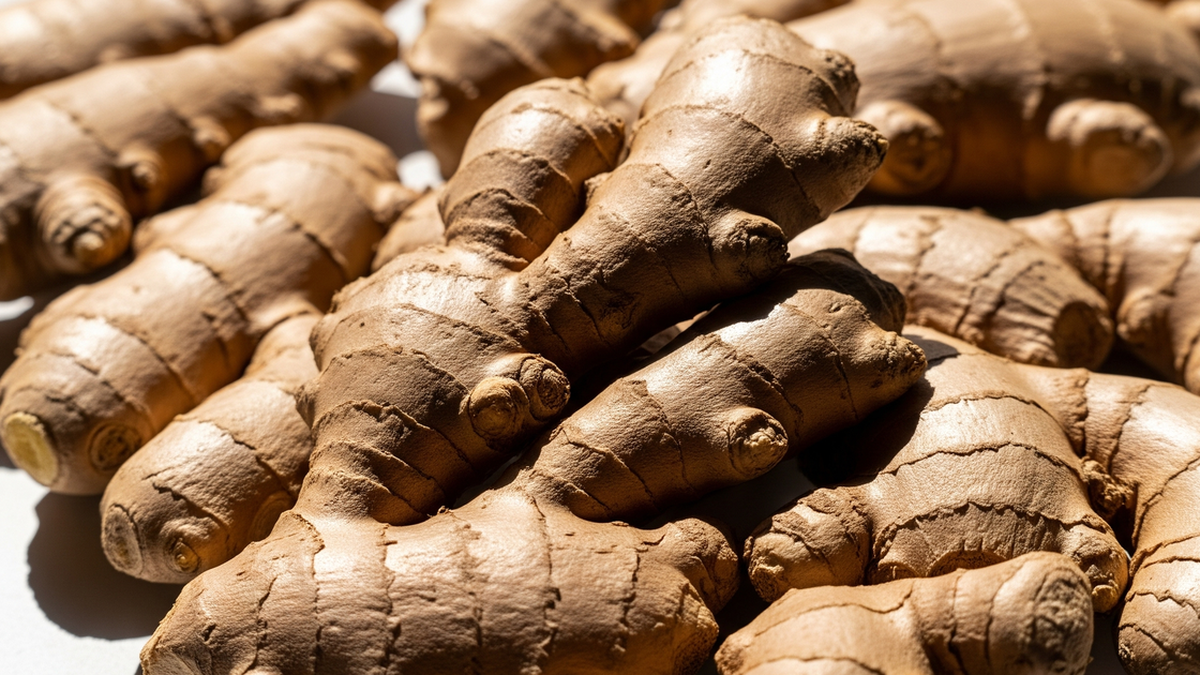I often have headaches and like to eat sweets. Why does my headache get worse every time I eat sweets? What should I pay attention to? (Tran Hiep, Ho Chi Minh City)
Reply:
Headaches are a common condition. The pain can be mild and dull or persistent and severe, lasting for hours or days. When having a headache, the patient may have accompanying symptoms such as dizziness, lightheadedness, fatigue, nausea, and sensitivity to sound and light.
The cause of headache can be secondary (after physical damage such as encephalitis, stroke, brain tumor, cerebral hematoma, trauma, brain abscess) or primary (most commonly migraine, due to stress, insomnia, acute sleep deprivation).
With primary headaches, the pain can be triggered or aggravated by risk factors such as weather, fatigue, stress, caffeine withdrawal, or poor diet. Many people find that their headaches are triggered or worsened by eating certain foods.
You often get more headaches when you eat sweets. The reason is that eating sweets increases blood sugar, causing blood vessels in the brain to constrict, causing muscle tension, allergies, increased stimulation, and nausea.
Chemical sugars in food and drinks can overstimulate or interfere with nerves, increase muscle tension, leading to headaches and migraines. People who are allergic to artificial sweeteners can get headaches from drinking just a little soft drink.
Most of the sugar used in food processing is artificial chemical sugar. This type of sugar is often found in soft drinks, ice cream, chewing gum, processed foods... Some medicines contain the chemical sugar aspartame. Sugar abuse can also easily cause diseases of metabolic syndrome, endocrine, cardiovascular.
Headaches are also more likely to occur or worsen when blood sugar levels are higher than normal. High blood sugar causes blood vessels in the brain to constrict, leading to headaches. The pain tends to be mild, but as blood sugar levels continue to rise or remain high, headaches become more severe, causing nausea and irritability.
When the body consumes too much sugar or carbohydrates at one time, the pancreas works hard to produce insulin to help break down sugar, regulating blood sugar levels. At this time, blood sugar levels drop suddenly, hypoglycemia. Low blood sugar also causes abdominal pain, nausea, tremors, fatigue, dizziness, mood swings and headaches.
You should limit or avoid sweet foods or drinks when experiencing this condition. Foods rich in starch and carbohydrates should also be limited. Prioritize vegetables and fruits, get enough sleep. Some natural essences such as blueberries and ginkgo biloba help neutralize free radicals, increase blood flow to the brain, and improve headaches.
If the headache persists or worsens, you should see a neurologist for specific assessment and intervention.
Doctor Tran Thi Tra Phuong
Nutrihome Nutrition Clinic System
| Readers ask questions about nutrition here for doctors to answer |
Source link





































































































Comment (0)